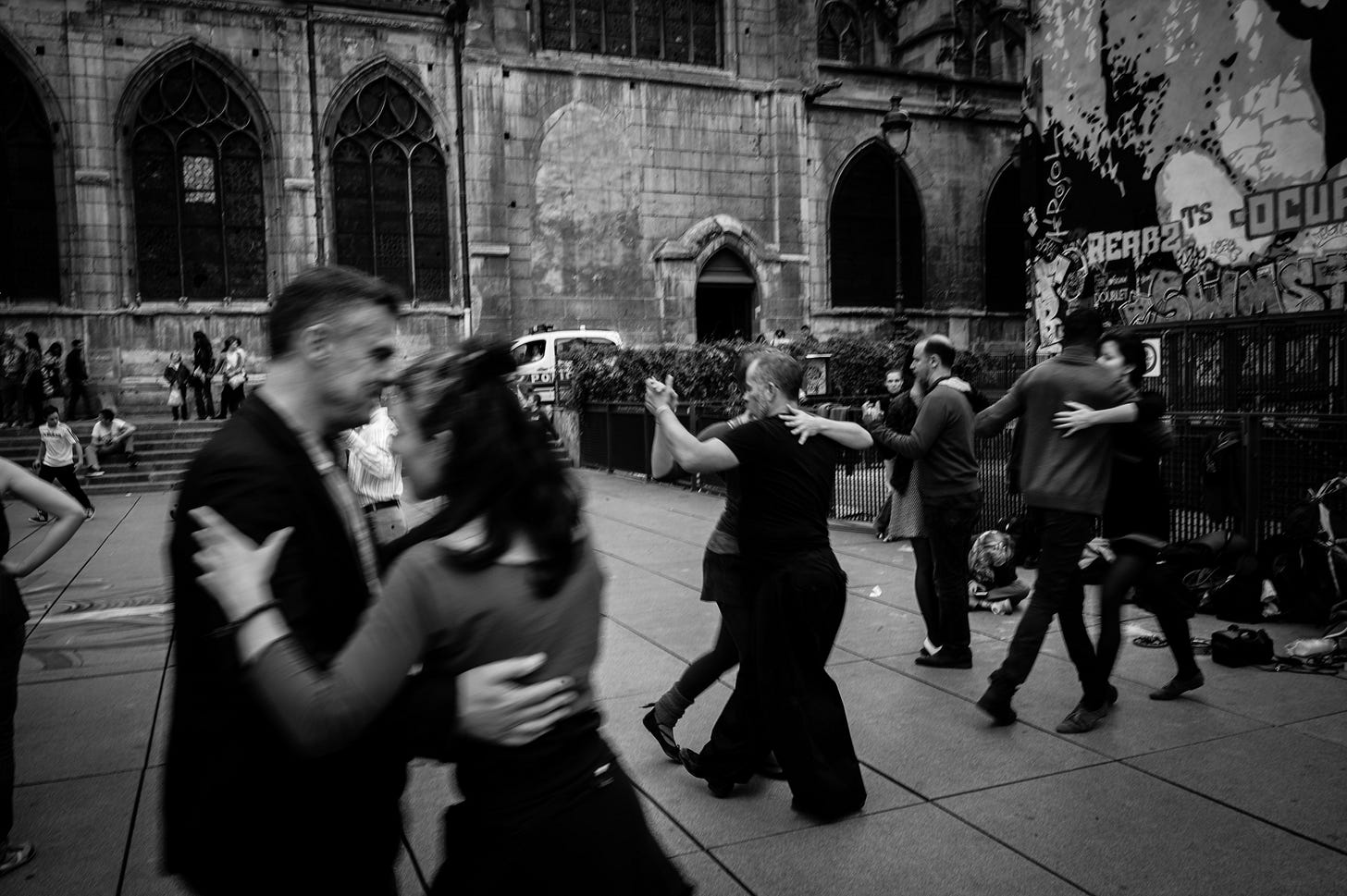
Passage:
So let's keep at it and eventually arrive at the place of rest, not drop out through some sort of disobedience.
God means what he says. What he says goes. His powerful Word is sharp as a surgeon's scalpel, cutting through everything, whether doubt or defense, laying us open to listen and obey. Nothing and no one is impervious to God's Word. We can't get away from it—no matter what.
Now that we know what we have—Jesus, this great High Priest with ready access to God—let's not let it slip through our fingers. We don't have a priest who is out of touch with our reality. He's been through weakness and testing, experienced it all—all but the sin. So let's walk right up to him and get what he is so ready to give. Take the mercy, accept the help.
“Take the mercy, accept the help.”
That is something that I need to keep on hearing. My hunch is, so do many of us, particularly that last bit, “accept the help.”
The NIV puts it this way, “Let us then approach God’s throne of grace with confidence, so that we may receive mercy and find grace to help us in our time of need.”
Something that I see in myself and many of my friends is that when things get tough we move to isolation. We withdraw from community into our own little world. For some reason there is a belief among American Christians that pain, struggle, hardship are not things to invite others into. It’s as though we are less Christian if we need help. Perhaps that’s not it, perhaps needing help is just un-American? Either way, when the going gets tough we believe that the tough isolate and hide.
Christ on the other hand calls us out of isolation in our time of need.
Christ calls us to “take the mercy and accept the help.”
Christ calls us to “find grace to help us in our time of need.”
Christ calls us into the process of engaging with the wound and the struggle.
If I have learned anything about following Christ it is that when Christ calls us, the call is inevitably into community. The very nature of Christ exists within the Trinity. From eternity past to eternity future the God of the Bible is not an isolationist God. No, God exists in eternal community. I love the way that some theologians have described this as the divine dance.
Christ’s presence in our world today is experienced through his people. The metaphor of the Church being the “body of Christ” is not one by accident. As we seek to follow Christ we do so in a loving community that is modeled after the Trinity. We in a sense are doing our own version of the divine dance.
To find the mercy, grace, and help in our times of need pulling back and isolating from community is going to limit our ability to experience those things. When the going gets tough the tough lean into community. We must set aside our egos and allow others to help us. It is in the context of those relationships that we find the help, grace, and mercy that is promised to us by Christ.
We must fight against the natural inclination to withdraw. We must push ourselves into community and into relationships. We see the face of Christ reflected in the body of Christ.
—




